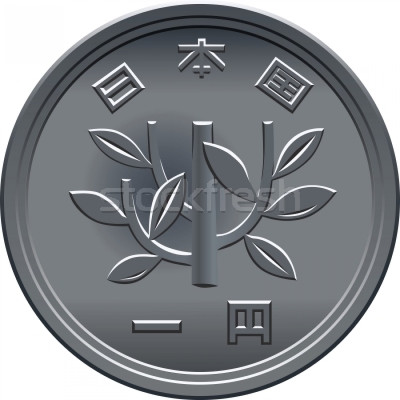Yen Hits 28-Month Low; Nikkei Jumps As Japanese Stocks Hit 21-Month High

The yen hit its lowest level in more than two years Friday, helping lift Japanese stocks to 21-month highs on expectations of drastic monetary easing, while shares in the rest of Asia inched higher on signs Washington is racing to avoid a fiscal crisis.
The dollar climbed to its highest point since August 2010 of 86.64 yen, Reuters reported. The yen is on track for a drop of 12 percent this year, its steepest fall since 2005. The yen also fell to a 17-month low against the euro at 114.66 yen on EBS on Thursday.
The Australian dollar hit a 20-month peak against the yen of around 89.83 yen, according to Reuters data.
The Nikkei average headed for its best yearly gain since 2005 as exporters were buoyed by a weaker yen on expectations of aggressive monetary stimulus under new Prime Minister Shinzo Abe. Export-focused firms leading the index higher included Toyota Motor Corp, Honda Motor Co, Canon Inc and Nikon Corp, all up between 1.5 and 2.5 percent, Reuters reported. Index heavyweight and industrial robot maker Fanuc Corp gained 1.6 percent.
The Nikkei advanced 0.8 percent to 10,403.01 by the midday break of its last trading day of the year, touching its highest level since March 11, 2011, and shrugging off a slump in Japan's factory output in November.
MSCI's broadest index of Asia-Pacific shares outside Japan was up 0.4 percent. It has gained about 18.5 percent this year, a sharp turnaround from an 18 percent plunge in 2011.
Australian shares rose 0.6 percent to a 19-month high and were on track to post their strongest annual gain since 2009, with resources supported by rising iron ore prices. Hong Kong shares hovered near a 17-month high with a 0.2 percent gain and Shanghai shares rose 0.4 percent
"We expect the yen to hit 90, and the Nikkei to reach 11,000 as early as late January or early February," Shun Maruyama, chief Japan equity strategist at BNP Paribas, told Reuters.
"The market is pricing in a new inflation target of 2 percent. However, the problem is how to achieve the target. The market is focusing on what the BOJ will announce in its next meeting."
Maruyama said if the Bank of Japan fell short of market expectations at its next meeting, investors would take profit. The BOJ holds its next policy meeting on Jan. 21-22.
The Nikkei has rallied 20.1 percent over the past six-and-a-half weeks, on speculation that Abe will pursue policies to weaken the currency, which has hurt Japanese exporters' competitiveness and their overseas earnings when repatriated.
© Copyright IBTimes 2024. All rights reserved.





















